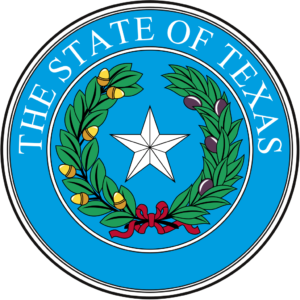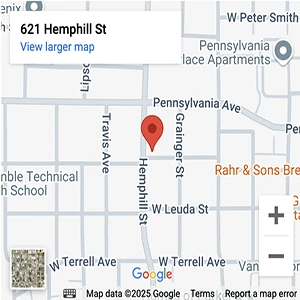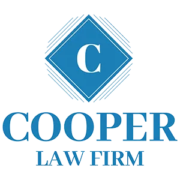When Genetic Testing Reveals Hidden Risks
TYLER and LONGVIEW, Texas. There are many genetic diseases that can have a devastating impact on a person’s health. Take Huntington’s Disease, an inherited terminal illness that generally emerges when a person is in their 30s or 40s. The symptoms general appear when a person is in the prime of their working life. The disease is devastating because it causes a breakdown of cells in the brain, leading to movement disorders, cognitive disorders, and psychiatric conditions. Most people who have the disease know that they have it because their parents had it. But what happens if you are adopted? What happens if you aren’t aware that you are at risk of the disease because your parents, for some reason, don’t want you to know? The disease is so devastating, it impacts virtually all aspects of its victims lives—from their decisions to have children to other major life choices based on the fact that patients with Huntington’s live shortened lives.
The Atlantic reported on a recent case in which a man learned he had Huntington’s Disease and didn’t want his children to know about the condition. The case raised interesting questions about doctor’s duties to protect patient privacy and doctor’s duties to other patients. The man’s daughter was pregnant when he learned he had the disease and he didn’t want her to abort the child. The daughter later learned she carried the defective gene for Huntington’s Disease and also learned that her daughter had a 50% chance of carrying the gene. Should the woman’s doctors have told her about the risk?
The woman is suing the doctors, claiming that she had a right to know. If she wins, the case could change the way doctors see their duties toward patients. Namely, if a parent has a devastating genetic diagnosis, doctors have a duty to not only inform the parent with the condition but also the children.
In the U.S., similar cases are making their way through the courts. If a doctor treats a person for an inherited condition that causes say, cancer, does the doctor owe a duty of care to the children of the person being treated?
The cases are difficult because doctors often consider their duty of confidentiality one of their most important. Yet, doctors also have a duty to “first do no harm.”
There are also ways that doctors can protect the health of children without necessarily disclosing a parent’s medical record. For example, doctors can put a note in the children’s files that they should be tested for certain conditions. Yet, if doctors suddenly have a duty to tell patients about any genetic risks they may have, they may be forced to give information to patients when the patient doesn’t want to know. Some patients in families where there is a 50% chance of inheriting a deadly disease choose not to get tested. They’d rather not know.
The question is an interesting one because it pits patient privacy against the safety of the public at large. How so? Let’s say a truck driver’s doctor knows his patient has the gene for Huntington’s Disease. The truck driver is in good health, but hasn’t told his employers about his condition. Should the doctor include the patient’s genetic defect in his medical report when he certifies the truck driver for his commercial driver’s license? Or, is this a violation of the truck driver’s privacy? While many believe that families have a right to know, does this information extend to the general public if it could impact them in the future?
These cases continue to go through the courts and judges don’t have clear-cut answers regarding what doctors owe the families of patients with genetic disorders.
There are many medical conditions that can have an impact on a truck driver’s ability to operate these heavy motor vehicles. These conditions can even prevent a driver from getting his or her driver’s license. If you’ve been hurt in a truck accident in Tyler or Longview, Texas, you may have a right to know whether a truck driver involved in your crash was medically barred from driving. The Cooper Law Firm are truck accident lawyers in Tyler and Longview, Texas who work with victims and families hurt in crashes, helping them gather evidence to support their cases. Our firm uses the legal avenues available to help victims and families seek the justice and damages they may deserve. Visit us at https://cooper-law-firm.com/ to learn more.
Cooper Law Firm
501 N Third St,
Longview, TX 75601
Telephone: (903) 297-0037









